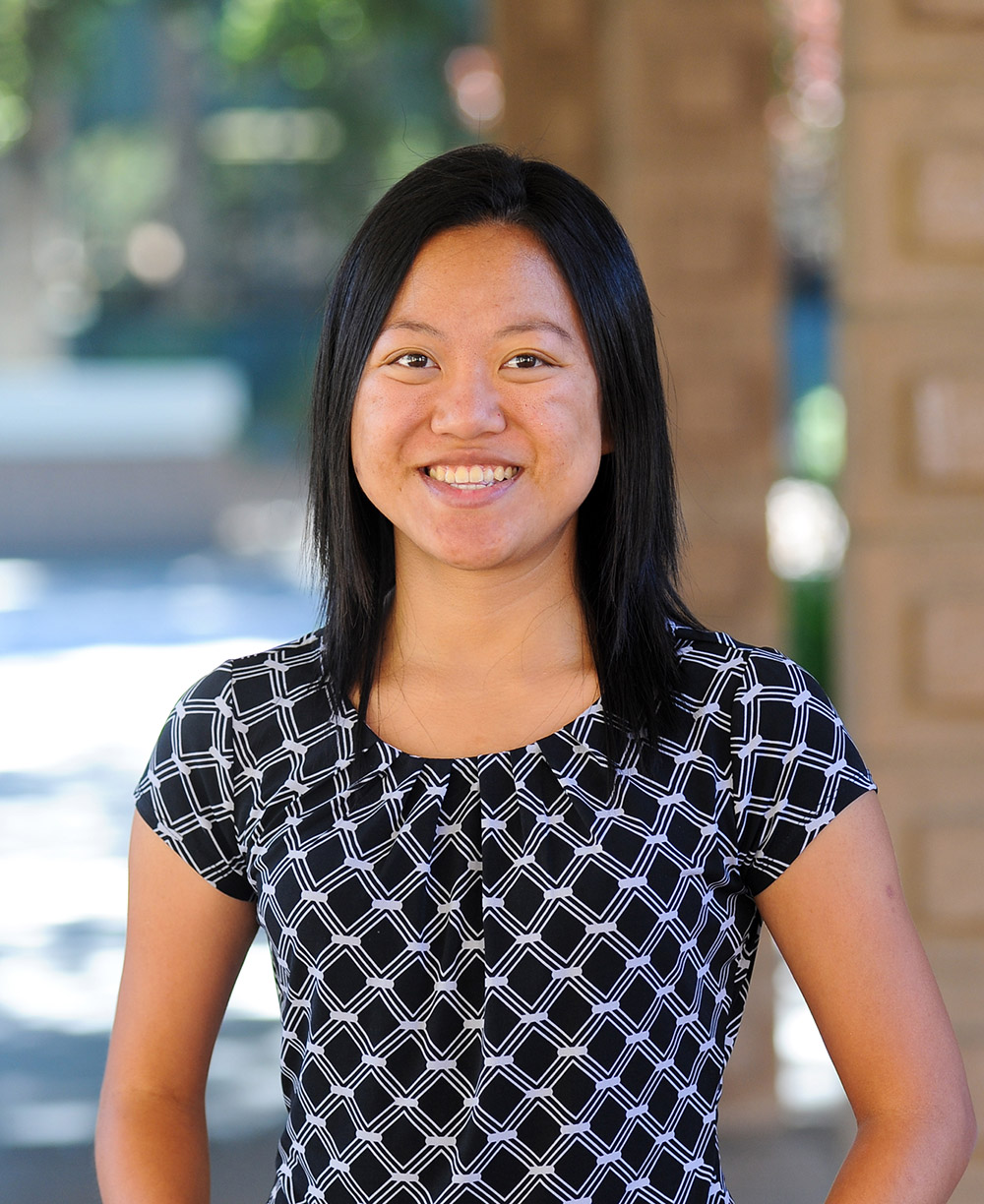CAREER Achievement
March 22, 2018
“We are now in a post-genomic era,” says Assistant Professor of Computer Science Yi-Chieh (Jessica) Wu. “The first human genome took 15 years and $2.7 billion to sequence. Now, 15 years later, companies can do it for $1,000 and get you results in three months. Getting genetic data is easy; the new challenge is understanding what it all means.”
Wu focuses on this problem through the lens of evolution. She was recently awarded a National Science Foundation Faculty Early Career Development grant for her project “CAREER: Algorithms for Gene Family Evolution with Gene Duplication, Loss, and Coalescence.” This work will develop models and algorithms in the field of phylogenetic reconciliation, which compares the evolutionary history of genes and species to infer the events that link them.
“Reconciliation forms the basis of many genomic studies,” says Wu. “But existing methods still suffer from a number of limitations. There are algorithmic challenges of scaling to large datasets, statistical challenges of distinguishing biological signal from noise and modeling challenges of generalizing across genomes.”
With this project, Wu seeks to address these shortcomings, thereby enabling inference of complex gene family evolution across a broad range of species and data sets. “The new framework and methods will enable researchers to systematically analyze genomic data sets, make more reliable and robust inferences of evolutionary histories, and improve our understanding of genome evolution,” she says.
The CAREER program encourages integrating education and research, which falls in line nicely with Harvey Mudd’s culture of experiential learning. Over the next five years, the grant will support four students per summer. Students will gain experience in both theoretical and applied work across a variety of fields, including algorithms, optimization, statistics, evolutionary biology, and big data. Wu says, “I was fortunate to have had an opportunity to do research as an undergraduate. It changed my career trajectory, and I am excited to have the chance to give a new generation of undergraduates the same opportunities.” Since she joined Harvey Mudd in fall 2014, Wu’s group has published four student first-authored papers, and several students have continued on to top research programs across the country.
As part of the grant, Wu will also develop undergraduate courses in data science to train students on the challenges of working in this growing interdisciplinary field.
The Faculty Early Career Development (CAREER) Program is a foundation-wide activity that offers the NSF’s most prestigious awards in support of early-career faculty who have the potential to serve as academic role models in research and education and to lead advances in the mission of their department or organization.
NSF grants are the largest share of external support for faculty research at Harvey Mudd.
